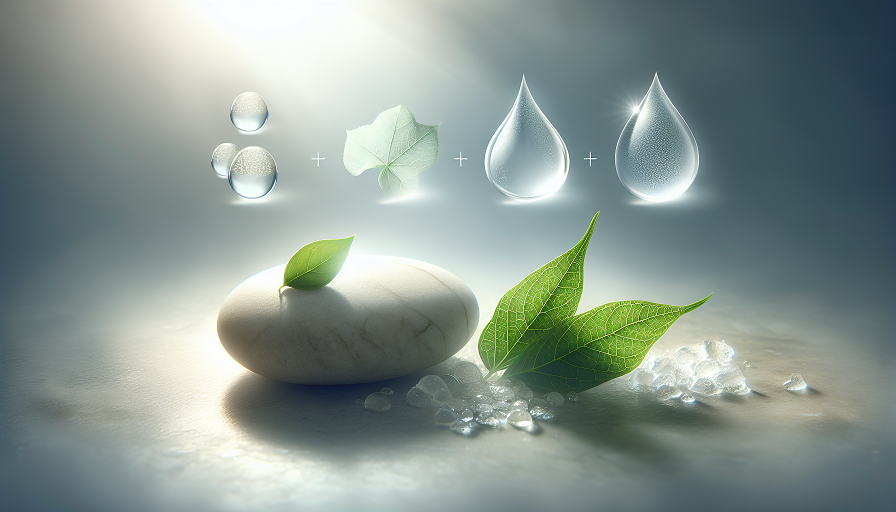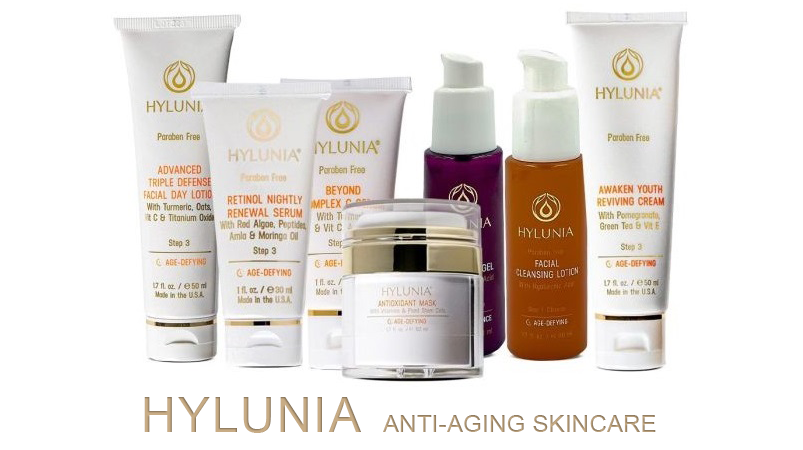
Aging is a natural part of life, but who says we can’t look our best while we go through it? Dermatologists spend years studying how skin changes and know a thing or two about keeping it looking young, fresh, and resilient. Here are the top anti-aging skincare tips dermatologists swear by, from protecting your skin in the sun to choosing the right ingredients that really make a difference.
Contents
Sunscreen Is Your Best Friend
If dermatologists had a skincare anthem, it would be all about sunscreen. UV rays are the number one cause of premature aging, leading to wrinkles, age spots, and even sagging skin. Sunscreen protects your skin from these harmful rays and is a must-have in any anti-aging routine.
How to Choose the Right Sunscreen
Look for a broad-spectrum SPF 30 or higher. Broad-spectrum means it protects against both UVA and UVB rays, the two main types of radiation that cause skin damage. Mineral sunscreens with ingredients like zinc oxide or titanium dioxide are great for sensitive skin, while chemical sunscreens tend to be lighter and work well under makeup.
Applying Sunscreen Correctly
Dermatologists recommend applying a generous layer to all exposed skin about 15 minutes before you go outside. And don’t forget areas like your neck, ears, and hands—these spots can show signs of aging too! Reapply every two hours, especially if you’re outdoors or sweating.
Vitamin C: The Antioxidant Powerhouse
Vitamin C is a favorite among dermatologists for its anti-aging benefits. This powerful antioxidant fights free radicals, the unstable molecules that break down collagen and lead to wrinkles and sagging.
What Vitamin C Does for Skin
Vitamin C not only helps protect against free radical damage but also brightens skin and supports collagen production, which keeps skin firm. It can fade dark spots, even out skin tone, and give your face a glow that says, “I just woke up like this.”
How to Use Vitamin C in Your Routine
Look for a serum with at least 10% vitamin C concentration for noticeable results. Apply it in the morning after cleansing, but always follow with sunscreen, as vitamin C can make your skin more sensitive to sunlight. If you have sensitive skin, start with a lower concentration and work your way up.
Retinoids: The Gold Standard for Anti-Aging
When it comes to anti-aging ingredients, retinoids are the gold standard. Derived from vitamin A, retinoids promote cell turnover, reduce wrinkles, and improve skin texture. Dermatologists love retinoids for their scientifically-backed results, though they’re not for everyone.
Types of Retinoids
There are different types of retinoids, including over-the-counter retinol and prescription-strength tretinoin. Retinol is gentler and a good starting point if you’re new to retinoids, while tretinoin is more potent and delivers faster results. Ask your dermatologist which type is right for you.
Using Retinoids Wisely
Retinoids can be drying and irritating, especially for beginners. Start with a small amount (a pea-sized drop) and apply it a few nights a week, gradually increasing frequency as your skin adjusts. Be sure to follow up with a moisturizer, and avoid using it on nights when you’re exfoliating to prevent irritation.
Moisturize, Moisturize, Moisturize
Hydrated skin is happy skin, and a good moisturizer helps keep skin looking plump and firm. As we age, our skin naturally produces less oil, which can make it dry and prone to fine lines. A rich moisturizer can help replenish moisture and strengthen the skin barrier.
Key Ingredients to Look for in Moisturizers
- Hyaluronic Acid: This ingredient holds up to 1,000 times its weight in water, keeping your skin hydrated and plump.
- Ceramides: These lipids help restore the skin barrier and retain moisture, making them especially useful for dry, aging skin.
How to Moisturize Effectively
Apply your moisturizer while your skin is still damp to lock in hydration. For an extra boost, layer it over a hydrating serum, like one with hyaluronic acid, to create a double barrier against moisture loss. If your skin is especially dry, consider using a thicker night cream before bed.
Don’t Forget the Neck and Hands
Dermatologists often say that the neck and hands are the first areas to show signs of aging. While we tend to focus on our faces, these areas are just as exposed to the elements and deserve the same level of care.
Caring for Your Neck
Apply your skincare routine to your neck just as you do to your face. Use sunscreen, moisturizers, and even serums on your neck to keep the skin firm and hydrated. Some dermatologists recommend using upward strokes when applying products to help prevent sagging.
Protecting Your Hands
Our hands go through a lot, from frequent washing to sun exposure, and these can make them age faster. Apply hand cream regularly, ideally one with SPF, to keep them hydrated and protected. Consider keeping a small hand lotion in your bag or car for easy application on the go.
Exfoliate Regularly (But Don’t Overdo It)
Exfoliation removes dead skin cells, helping your skin look fresh and allowing products to penetrate better. Dermatologists recommend exfoliating once or twice a week, depending on your skin type. Overdoing it can lead to dryness and irritation, so keep it gentle.
Physical vs. Chemical Exfoliants
Physical exfoliants, like scrubs, work by manually removing dead skin cells, while chemical exfoliants, like alpha hydroxy acids (AHAs) and beta hydroxy acids (BHAs), dissolve the bonds holding dead skin together. Many dermatologists prefer chemical exfoliants for aging skin, as they’re often gentler and can provide more even results.
Choosing the Right Exfoliant
For sensitive skin, start with lactic acid, a mild AHA that gently exfoliates without irritation. For oily or acne-prone skin, salicylic acid (a BHA) can clear pores while smoothing skin texture. Use your exfoliant at night and follow with a moisturizer to avoid dryness.
Antioxidant-Rich Diet for Skin Health
Healthy skin doesn’t just come from what you put on it; it’s also influenced by what you eat. Antioxidants in foods like berries, leafy greens, and nuts help combat free radicals, the molecules that break down collagen and cause wrinkles.
Top Foods for Anti-Aging
- Blueberries: Packed with antioxidants and vitamin C, which boosts collagen and protects against sun damage.
- Avocado: Full of healthy fats and vitamin E, helping to keep skin supple and hydrated.
- Salmon: Rich in omega-3 fatty acids that help keep skin firm and reduce inflammation.
Stay Hydrated
Drinking enough water is also crucial for skin health. Dehydration can make skin look dull and emphasize fine lines. Aim for at least eight glasses a day, and remember that fruits and veggies with high water content, like cucumbers and watermelon, can help keep you hydrated too.
By incorporating these dermatologist-approved tips into your routine, you can keep your skin looking vibrant and resilient. Aging gracefully doesn’t mean you can’t look and feel your best, and these tips are a great foundation for doing just that.

